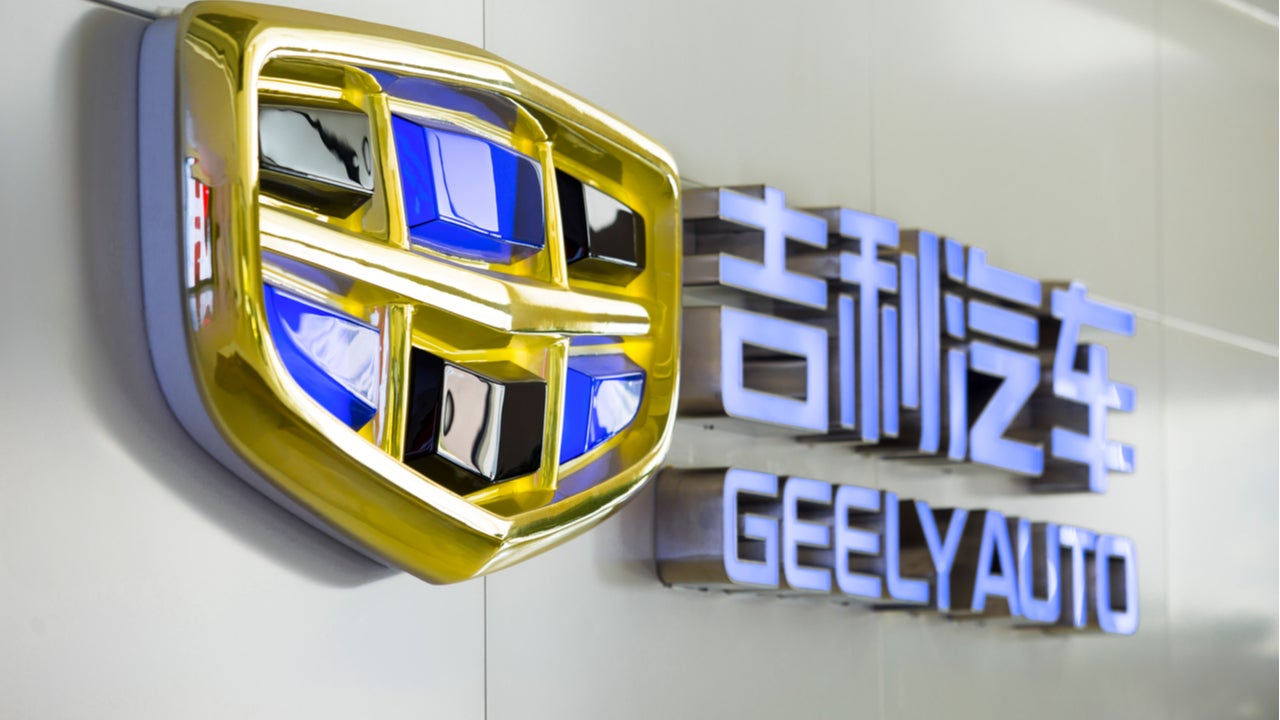
Chinese search engine company Baidu has joined forces with carmaker Geely in a bid to enter the automotive industry. Jidu Automobile, the name of the joint venture, now says that it plans to release its first model at the 2022 Beijing Auto Show.
During a company communications meeting on Tuesday, the CEO of Jidu Automobile Xia Yiping said that the car would be equipped with Baidu’s Apollo autonomous driving technology and Geely’s Sustainable Experience Architecture (SEA) platform for electric vehicles (EVs).

Access deeper industry intelligence
Experience unmatched clarity with a single platform that combines unique data, AI, and human expertise.
The car is expected to cost at least 200,000 yuan ($31,300) due to the relatively high costs of the smart car components, Xia explained.
The CEO also announced that Jidu Automobile would not build its own supply chain. “It is precisely because of the cooperation with Geely that enables us to use the advantages that Geely’s supply chain brings us,” Xia said. This would incentivise suppliers to cooperate with the new brand and would also lower production costs.
According to Xia, if all goes to plan, consumers can start placing orders for the vehicle before next year.
Previously, Jidu Automobile had stated that it would invest 50bn yuan ($7.8bn) in R&D over the next five years. According to Xia, a new round of financing is planned for the third or fourth quarter this year.

US Tariffs are shifting - will you react or anticipate?
Don’t let policy changes catch you off guard. Stay proactive with real-time data and expert analysis.
By GlobalDataThe two companies announced in January that they would form a strategic partnership to enter China’s booming EV market. Last year, major Chinese electric carmakers Nio, Li Auto and XPeng Motors all announced a surge in demand.
Robin Li, co-founder and chief executive of Baidu, said: “We believe that by combining Baidu’s expertise in smart transportation, connected vehicles and autonomous driving with Geely’s expertise as a leading automobile and EV manufacturer, the new partnership will pave the way for future passenger vehicles.”
Last month, Baidu introduced a paid driverless taxi service in Beijing, making it the first company that has commercialised autonomous driving in China. Unlike previous smart cars rolled out by the search engine company, this was the first time there was no safety driver sitting behind the wheel. Instead, a person is seated in the front passenger seat to deal with any emergencies.
“China has become the world’s largest market for EVs, and we are seeing EV consumers demanding next-generation vehicles to be more intelligent,” Mr Li said in January.
The country’s move towards EVs is supported by the government. Although it abolished most subsidies for electric cars, the government announced in 2019 that it would ease license plate restrictions on more environmentally-friendly vehicles.
Since 2008, it has been notoriously difficult in most Chinese cities to register one’s car. In an effort to curb air pollution and traffic congestion problems, most municipal governments implemented strict quotas on license plate applications.
It has become so hard to obtain a license plate in Beijing that the municipal government introduced a bi-monthly lottery system in 2011. Last year, it announced that more slots and shorter waiting times would be made available for EVs.







